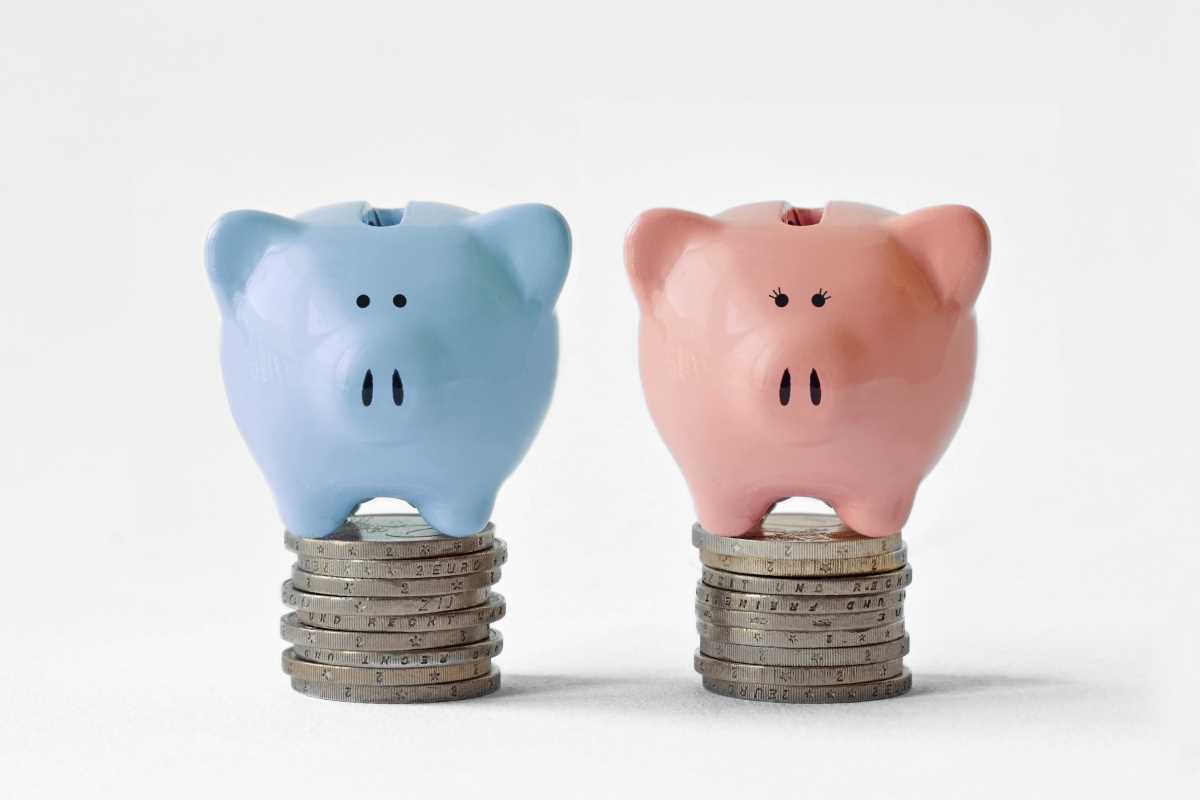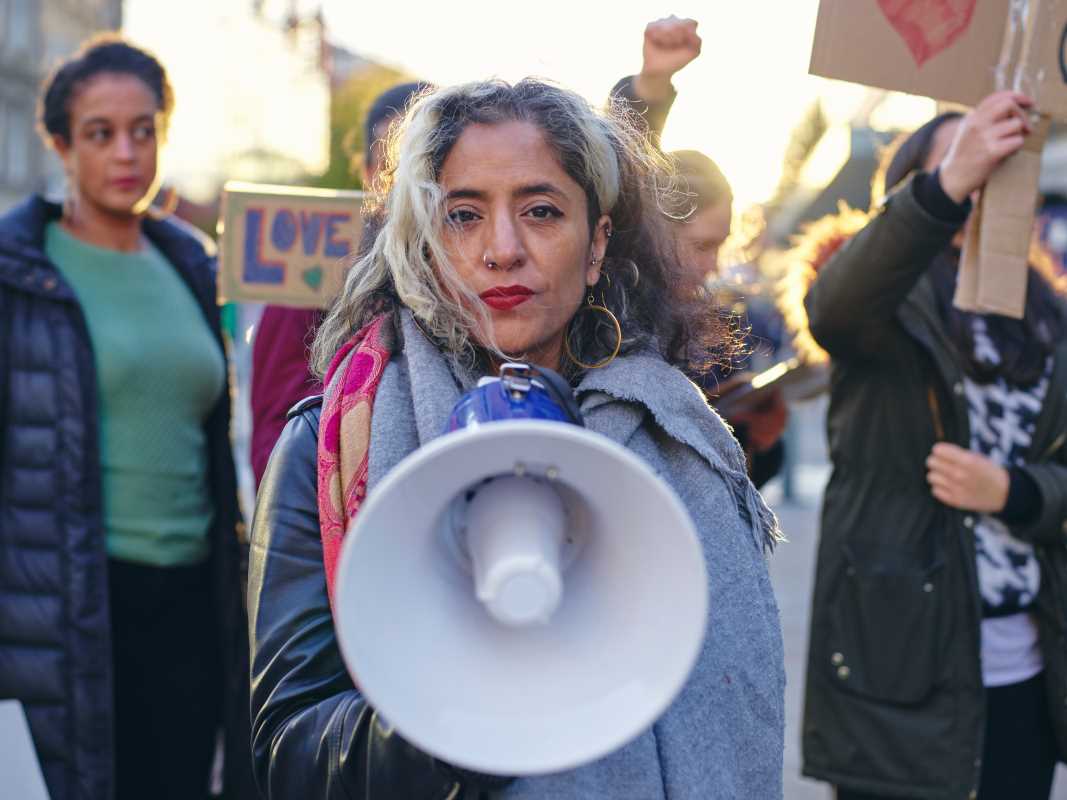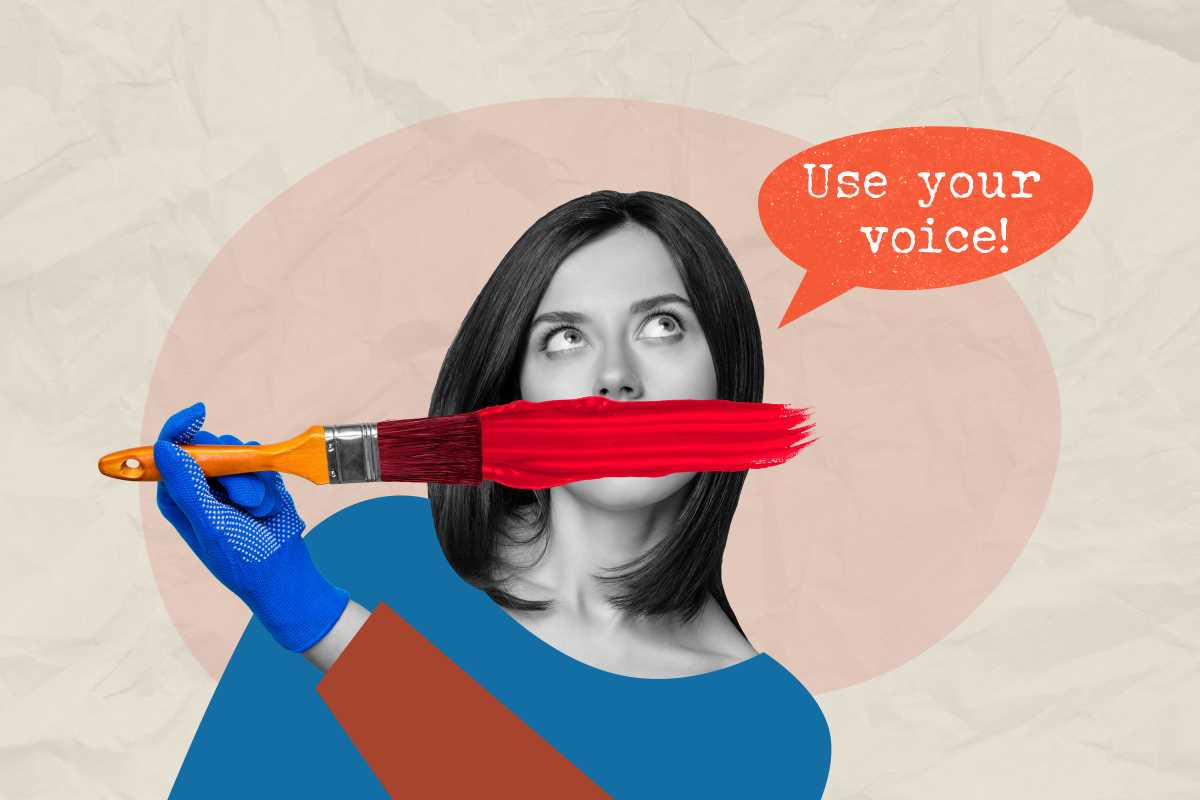Whether scrolling through social media, watching TV, or reading the news, chances are you’ve seen a celebrity apologizing for something. Maybe it’s an actor apologizing for an insensitive tweet from years ago, or a musician caught in a scandal making a tearful public statement. These apologies are everywhere, shaping how we perceive celebrities and the internet culture that surrounds them. But why do apologies seem to thrive in this hyperconnected world? And why do they often feel so carefully calculated? Welcome to the celebrity apology industry, an environment where image repair is just as important as a hit single or box office success.
Apologies have evolved into social spectacles. While some come across as genuine attempts to make amends, others feel more like strategic moves to save face. To understand this phenomenon, we’ll look at why apologies have become so central to celebrity culture, how they’re crafted, and what it all says about our expectations in the digital age.
Social media allows for instant communication on a global scale. A celebrity half a world away can now share their thoughts (or mistakes) with millions of followers at the click of a button. This same connectivity also means that their missteps, no matter how small, can blow up quickly.
The speed at which news spreads leaves little room for privacy. If a celebrity says something controversial in an interview or gets caught in regrettable actions, the footage or screenshots are online within minutes. Once it’s out there, it’s hard to undo the damage, and public apologies often become the only way to address the tidal wave of backlash.
But why are these apologies such a big deal? It’s because the internet doesn’t forget. Old tweets, interviews, or offhand comments from years ago can resurface and be judged by current standards. This hyperconnected culture creates an environment where mistakes are magnified, and a misstep can overshadow even the biggest achievements.
Why Celebrities Apologize Publicly
You might wonder why celebrities feel the need to apologize in front of millions of people. Can’t they handle these things privately? The answer lies in how they’re perceived by their audiences. Celebrities don’t just represent themselves; they’re brands. Everything they say or do affects their careers, endorsements, and standing among fans.
Here are some key reasons for public apologies:
- Damage Control: When a celebrity faces backlash, their team’s first concern is how to stop the fallout. An unaddressed controversy can lead to lost fans, sponsors, or projects. A public apology is often the first step in regaining trust and attempting to soften the blow.
- Cultural Pressures: With cancel culture on the rise, the stakes are higher than ever. The public often demands accountability, pushing celebrities to respond quickly to avoid being “canceled” altogether. A meaningful apology can sometimes reverse the damage or at least halt the internet mob.
- Restoring Reputation: Celebrities rely on their reputations. Whether they’re releasing a new album, starring in a movie, or working with big brands, trust is essential. Apologizing publicly signals an attempt to take responsibility, even if some fans remain skeptical.
The Performance of an Apology
Not all apologies are created equal. Some feel heartfelt and honest, while others seem scripted and insincere. What makes the difference? Often, it comes down to how the apology is delivered.
The Notes App Apology
A staple of celebrity culture, this is when a star types a lengthy apology on their phone’s Notes app, screenshots it, and shares it on social media. It’s become a cliché, but it’s widely used because it’s fast, direct, and allows for careful editing.
The Video Apology
More personal than a block of text, video apologies give celebrities a chance to express emotion. Tears, trembling voices, and apologetic body language can make an apology more convincing. However, a poorly delivered video can also come across as awkward or insincere.
The Press Conference
Reserved for major controversies, this format feels formal and serious. It’s often scripted, with the celebrity reading carefully prepared statements to ensure they strike the right tone. Press conferences are less common now, replaced by the speeds of social media.
Who’s Helping Behind the Scenes?
A single apology might seem like a small moment, but there’s often a whole team working behind the scenes. Public relations (PR) experts, image consultants, and lawyers collaborate to craft the message and figure out the best way to deliver it. The goal is to shape public opinion and ensure the fallout doesn’t linger too long.
For instance, a PR team may analyze how people are reacting online before advising their client. If fans are split, they’ll suggest a more emotional apology to win sympathy. If sponsors are nervous, the team might focus on clarifying facts. It’s all incredibly calculated, revealing how much thought goes into shaping public perception.
When Apologies Fall Flat
Not every apology works. Some even spark more controversy than the original mistake. This happens for a few reasons:
- Lack of Sincerity: If an apology feels too rehearsed or generic, it can seem like the celebrity doesn’t genuinely care about what happened. Phrases like “I’m sorry if you were offended” tend to make things worse, as they shift blame onto the audience.
- Timing Matters: Waiting too long to address a controversy may make an apology lose its impact. Acting too quickly, on the other hand, might result in a rushed, poorly thought-out statement.
- Failing to Address the Issue: Some apologies skirt around the real problem, focusing on the celebrity’s feelings rather than acknowledging the harm caused. This can frustrate people looking for accountability.
The Audience’s Role
Ironically, much of the pressure to apologize comes from the audience. Fans, critics, and even casual observers contribute to the “call-out” culture that dominates online spaces. While some people genuinely care about accountability, others just enjoy seeing public figures brought down a peg.
This dynamic creates a cycle. People demand apologies, celebrities issue apologies, and then the apologies are scrutinized for flaws. Even when an apology is well-received, it doesn’t guarantee forgiveness. Some people move on, while others hold grudges long after the controversy fades.
Are Celebrity Apologies Meaningful or Manipulative?
One of the biggest questions surrounding the celebrity apology industry is whether it’s all genuine. Do celebrities truly feel sorry, or are they just protecting their careers? The truth is probably a mix of both. Public figures are human, and they make mistakes like anyone else. However, their apologies are inevitably shaped by teams with financial and reputational interests.
Our response to these apologies also says a lot about modern culture. The digital age has made us both judges and juries, often deciding whether someone’s apology is “enough.” Yet, real accountability goes beyond a few words or a video. Actions, such as donating to a cause or working to make amends, are more telling of someone’s intentions.
 (Image via
(Image via





